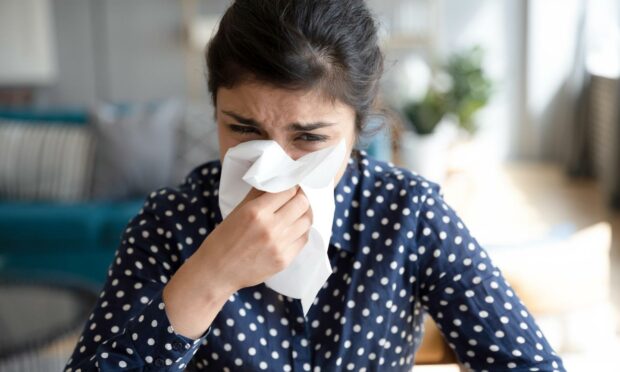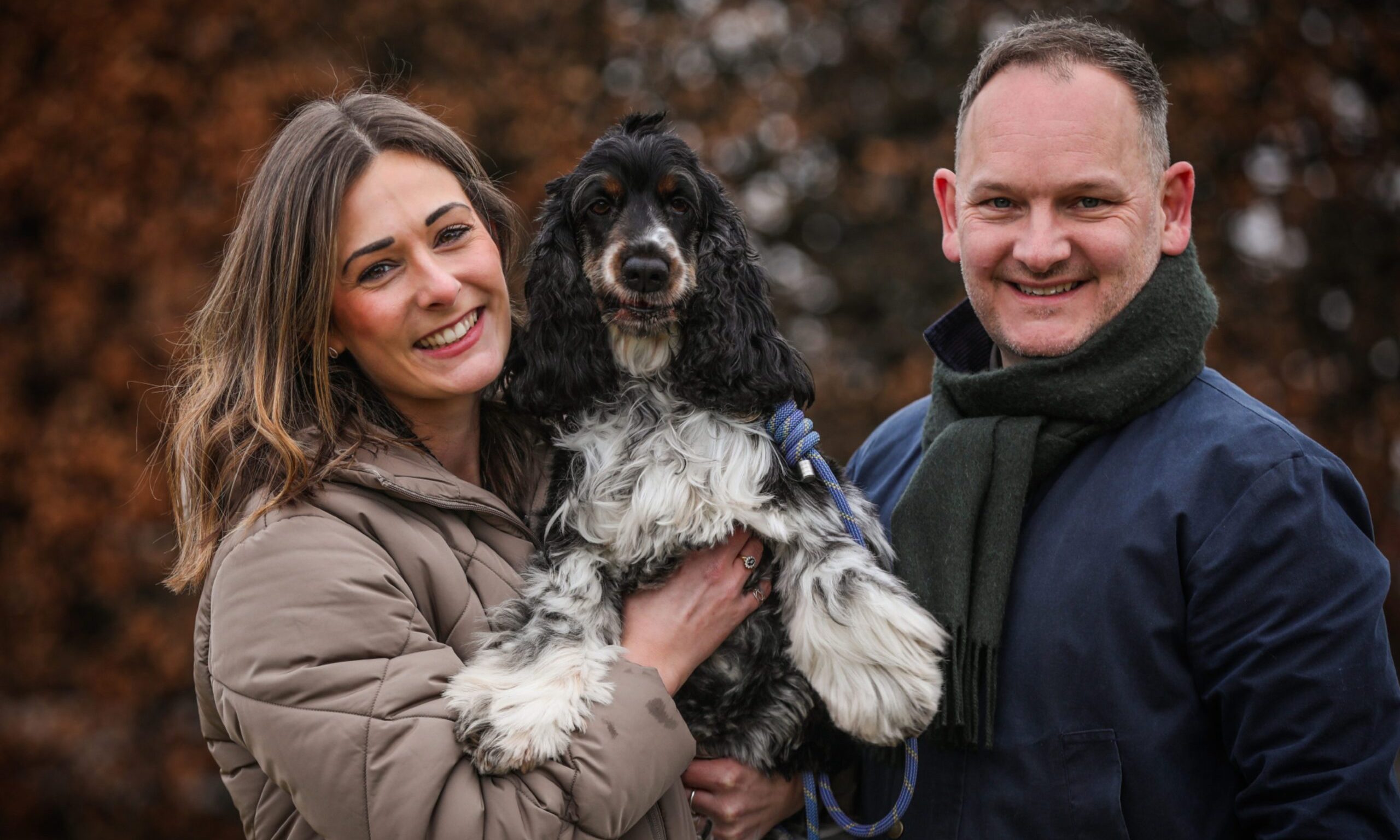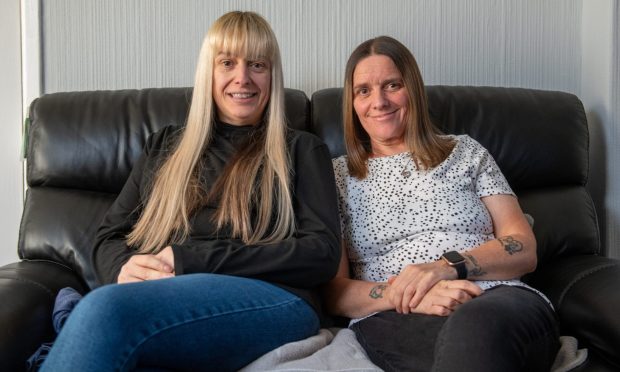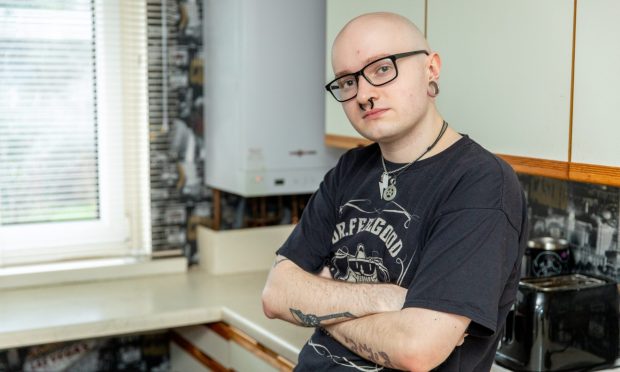The new Omicron variant of Covid is thought to be more transmissible than previous variants, with potentially milder symptoms.
But what are the Omicron symptoms you need to be aware of?
And how can you tell the difference between the ‘more mild’ symptoms and a common cold?
We’re answering all your questions on how to tell if you have Omicron this winter.
What are the Omicron symptoms?
The main symptoms of the Omicron variant are:
- Fatigue
- Head and body aches
- A scratchy cough
- A runny nose
- Sneezing
These symptoms make it harder to distinguish Omicron from a cold or flu.
One of the main symptoms of Covid throughout the pandemic – the loss or change to taste and smell – does not seem to be a symptom of Omicron.
The cough is also not as dominant as the Alpha or Delta variants, for example.
If the symptoms are milder, is this a good thing?
On the surface, it may seem that if Omicron symptoms are milder, this is a good thing, as if people catch the milder variant, they’re less likely to die or be seriously ill, but will have built up their immunity.
However, this is not necessarily the case.
Dr Quinton Fivelman, chief scientific officer at London Medical Laboratory explains:
“If Omicron does turn out to be less severe for many of us, that may well mean fewer people bother to take Covid-19 PCR or lateral flow tests on the assumption they are just suffering from a cold or mild flu.

“It could be vital to know if you have had Omicron if new strains occur.
“There might be long-term conditions associated with the virus that we’re not yet fully aware of.
“Even if your initial illness was mild, we know the virus tries to attack multiple organs. It can impact on blood sugar levels and lead to delayed ‘long Covid’ illnesses.
“It’s important to realise not everyone will be so mildly affected.
“People who have not been double or triple jabbed, who have underlying health conditions or have failed to develop sufficient antibodies, could still be severely impacted by the new strain.”
Equally, if Omicron passes through a highly vaccinated population such as the UK’s, this could lead to more strains which could potentially be vaccine-resistant.
Dr Angelique Coetzee, the South African doctor who was one of the first to suspect a different coronavirus strain, says many Omicron patients she has treated are under 40.
Therefore, there is still uncertainty over how the new strain could affect older people, who are more vulnerable to serious illness due to Covid-19.
How will I know if I have Omicron or a cold?
The best way to determine whether you have Covid or a cold is to get tested.
The Scottish Government has urged everyone to increase their use of lateral flow tests.
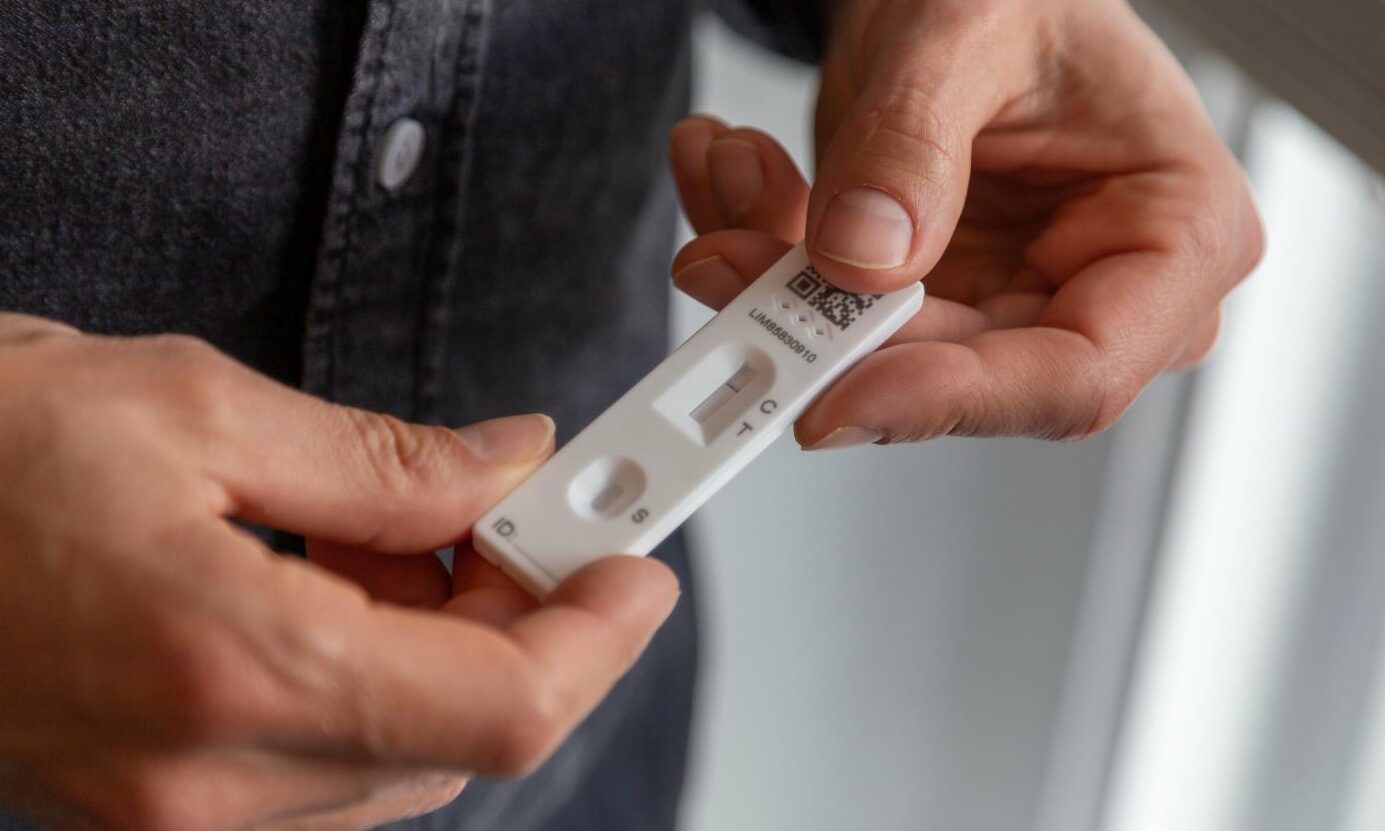
Advice is to take one before every time you plan to meet up with someone from a different household.
If you have any Covid symptoms, you should arrange to do a PCR test immediately. You should self-isolate until you have the result if it’s negative.
If your PCR test result is positive, you must continue your self-isolation in line with government guidelines.
